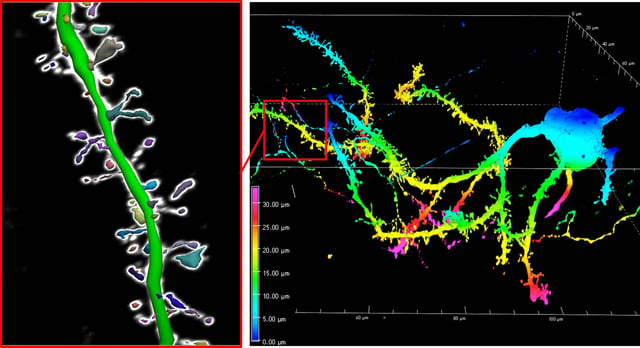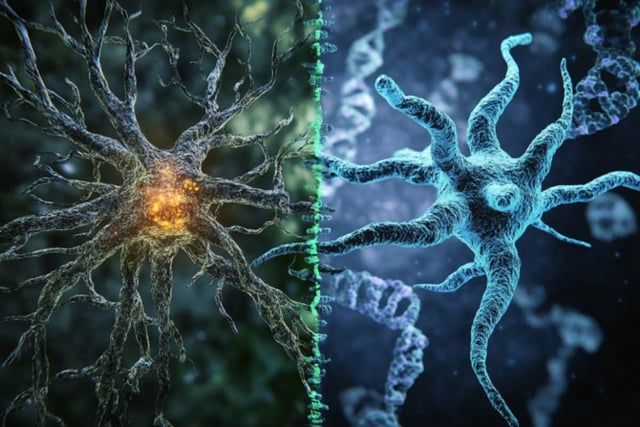Overview
- Researchers injected human glial progenitor cells into the striata of five-week-old R6/2 mice after symptom onset
- Treated mice exhibited delayed motor deficits, improved memory performance and survival extended by several weeks
- Single-nucleus RNA sequencing revealed reactivation of synaptic maintenance genes in neurons following glial replacement
- Rabies-based neuronal tracing showed recovery of dendritic complexity and spine density in treated animals
- Authors propose optimizing delivery protocols and combining glial replacement with gene-targeting strategies to advance toward clinical applications

